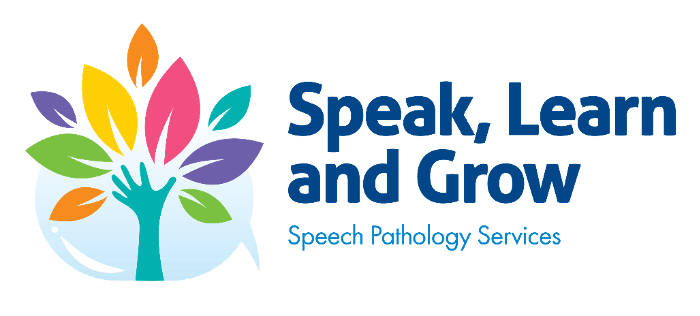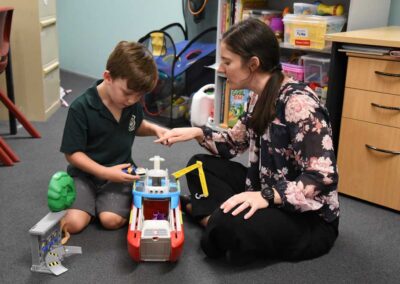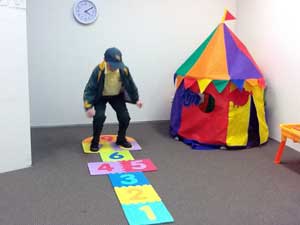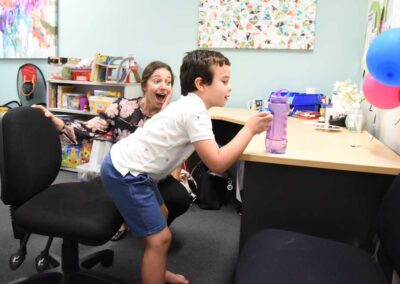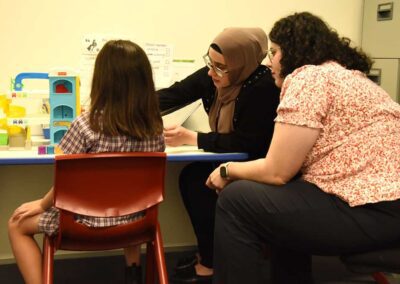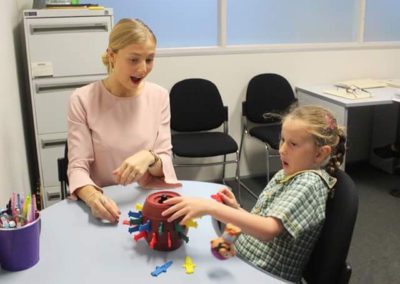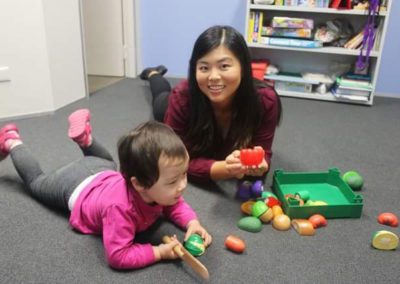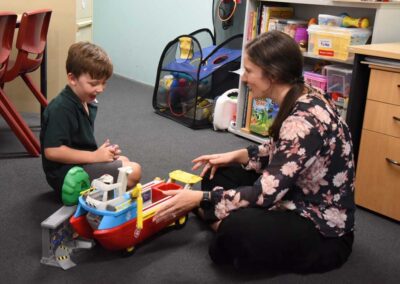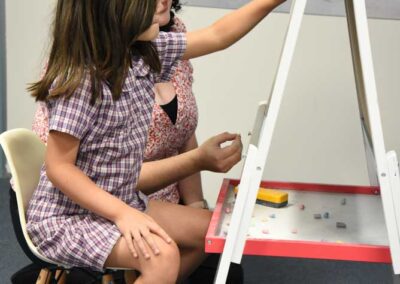Beyond Just Mispronounced Words: How Speech Sound Disorders Impact Vocal Quality in Children
A child’s voice is their gateway to the world. Through it, they express themselves, connect with others, and navigate their learning journey. While mispronounced words might be the first thing that comes to mind when thinking of articulation disorders and speech sound disorders, the impact extends far beyond just a few “lisps” or mispronounced consonants. It may also have a profound effect on a child’s vocal quality.
Understanding Vocal Quality
Vocal quality refers to the characteristics of a voice beyond just the words being spoken. It encompasses aspects like pitch, volume, resonance, and breathiness. Children with speech sound disorders often experience impairments in these areas, leading to:

- Reduced vocal efficiency: If a child has a severe speech sound disorder, they may require more effort to produce speech, leading to quicker vocal fatigue.
- Increased vocal strain: To compensate for sound errors, children may use excessive force when producing sounds, leading to vocal strain and fatigue. This can manifest as hoarseness, breathiness, or even vocal nodules.
- Resonance issues: Speech sound disorders may include poor control of muscles of the soft palate (roof of the mouth) and/or the pharynx (back and sides of the throat) resulting in velopharyngeal incompetence. This can result in hypernasality (excessive nasal resonance) or hyponasality (insufficient nasal resonance), impacting overall voice quality.
Beyond Communication: The Wider Impact
These vocal quality issues can have a ripple effect on a child’s life, impacting:
- Confidence: Children may become hesitant to speak up in class, during presentations, or even in social settings due to fear of being misunderstood or judged.
- Social Development: Difficulty communicating effectively can hinder friendships and social interactions, leading to isolation and loneliness.
- Behavioural Changes: Frustration and communication challenges may manifest as behavioural changes. Children may exhibit irritability, withdrawal, or disruptive behaviour as a response to the difficulties they face in expressing themselves.
- Emotional and Psychological Effects: Persistent speech and voice issues can contribute to emotional and psychological challenges. Children may experience frustration, embarrassment, or anxiety related to their difficulty in communication, potentially affecting their self-esteem and emotional well-being.
- Potential for Bullying: Children with speech sound disorders and voice issues may be more vulnerable to teasing or bullying from peers. Differences in speech patterns may attract negative attention and it’s crucial to address these situations to ensure a supportive and inclusive environment.
What can you do?
Early identification and intervention by speech-language pathologists are crucial for children with speech sound disorders. Therapy can help address both the sound errors and the associated vocal quality issues, empowering children to communicate effectively and confidently. 
- Be patient and supportive: Learning new speech patterns takes time and effort. Celebrate small victories and provide positive reinforcement.
- Encourage communication: Create a safe and accepting environment where your child feels comfortable speaking up.
- Advocate for your child: Educate yourself about speech sound disorders and advocate for appropriate support at school and in other settings.
Remember, speech sound disorders are not just about mispronounced words; they can significantly impact a child’s vocal quality. Vocal quality issues can have far-reaching consequences, impacting social interactions, behaviour, and self-esteem. Early intervention by speech-language pathologists is essential to address both sound errors and vocal quality concerns.
By raising awareness and promoting early intervention, we can help children with speech sound disorders overcome these challenges and find their voice with confidence. If you’d like to book in an assessment for your child’s voice, you can contact us at Speak, Learn and Grow Speech Pathology Services on (02) 9526 2788 or fill in this form

